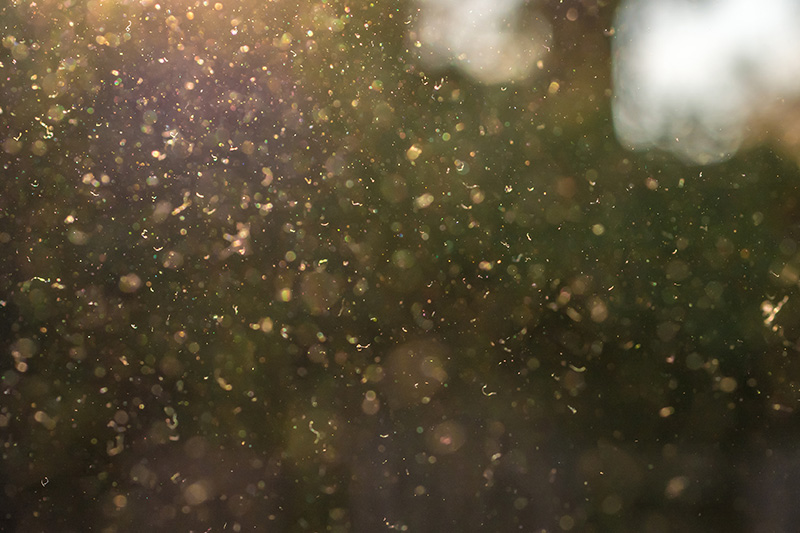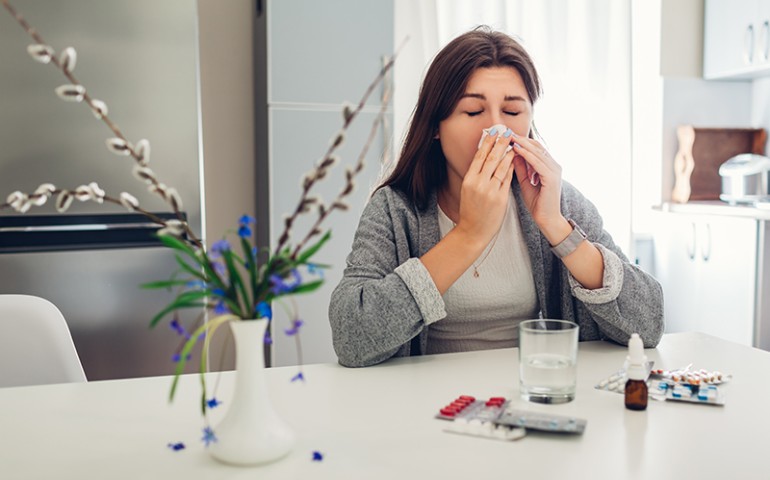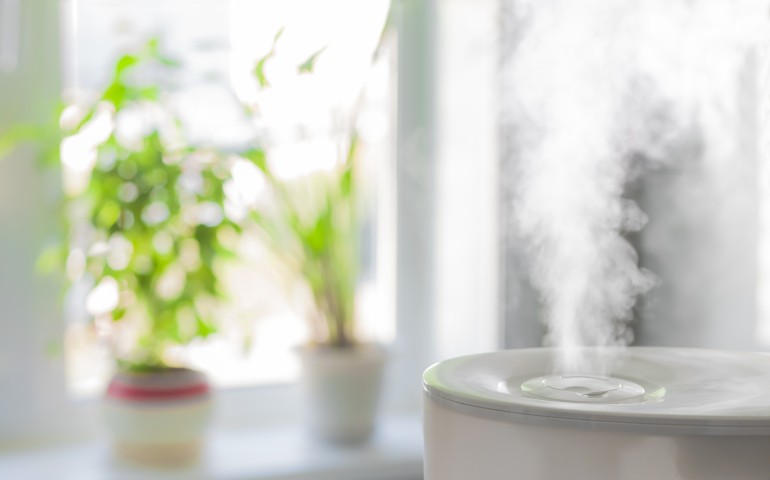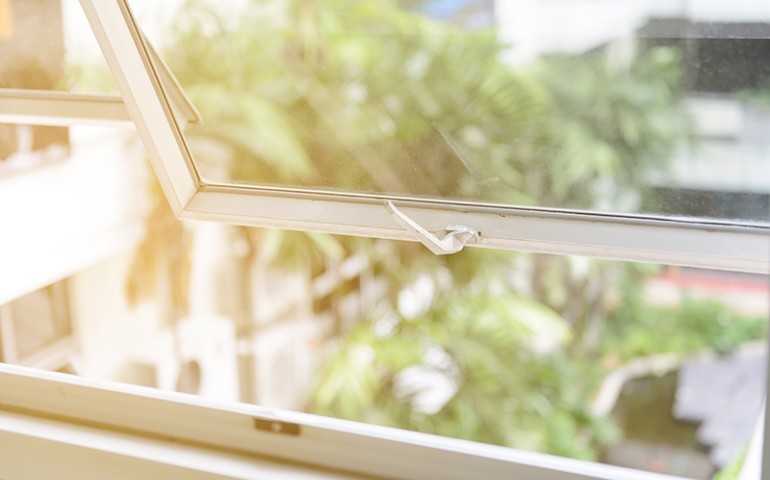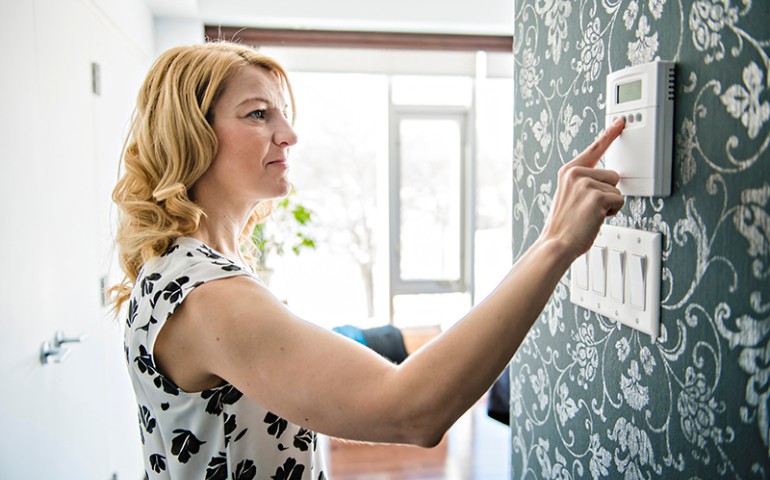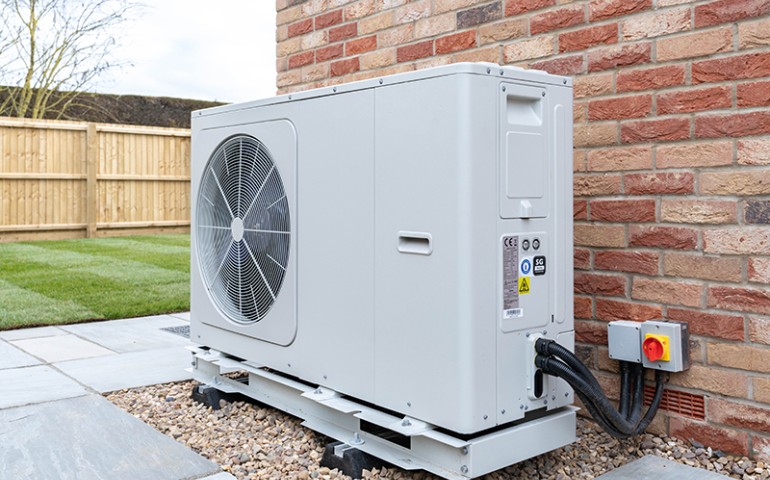How To Protect Against Pollen This Spring
For people with seasonal allergies, pollen can cause a condition known as hay fever. Whenever you breathe in pollen, it can cause congestion, sneezing, and a runny nose. For some people, simple exposure to pollen in the air can also result in itchy and watery eyes.
What is Pollen?
Pollen is a type of particulate matter that is only 10 um or bigger. When pollen is in its initial form, allergy sufferers may notice exposure symptoms. This includes watery, red, and itchy eyes. It's not uncommon for pollen to rupture into smaller particles. These smaller particles are capable of entering our airways as we breathe in. These pollen fragments can lead to a runny nose, sneezing, and congestion of the sinuses.
What is Air Pollution?
When pollen is in its smallest particles, you can breathe it in and it becomes a type of air pollution. Air pollutants come from both natural and man-made sources. All air pollutants can decrease your indoor air quality. Air pollution describes any harmful particulate matter that you can breathe in.
How Can Pollen and Air Pollution Impact Your Home and Your Body?
Many people who suffer from hay fever will try to stay indoors during the spring and summer months. This is when pollen and pollutant levels are at their highest. If you are opening your doors or windows often, you're allowing that pollen to come in. This reduces your indoor air quality as the particles circulate throughout your home.
With a centralized air conditioner, pollutants are being pulled into your system. From there, they recirculate throughout all the rooms of your home. This can make it uncomfortable for you to be within your home. Your allergy symptoms will continue to flare up due to poor indoor air quality.
Tips to Protect Against Pollen and Air Pollution in Your Home?
One of the best ways to protect against pollen and air pollution in your home is to have a good HVAC air filter. If you have severe allergies to airborne pollutants, you may want to consider a HEPA air filter. This type of filter will remove 99.9% of airborne particles and enhance your indoor air quality level.
Do yourself a favor and make sure that you don't keep any of your windows or doors open during the summertime. This can reduce your air quality.
Another great way to ensure that airborne pollutants don't get built up in your home is to have clean ducts. Make sure to get your ductwork cleaned at least once a year by an HVAC professional. You can go a step further by covering some of the vents in your home with a vent filter. This is another layer to trap those unwanted particles to keep them out of your home.
Call Us Today
If you find yourself struggling with allergies flare-ups in your home, it's time to give us a call today. Let our HVAC professionals check out the situation. We can provide you with the solutions to help cleanse the inside of your home. We want you to be comfortable when you're spending time at home.

